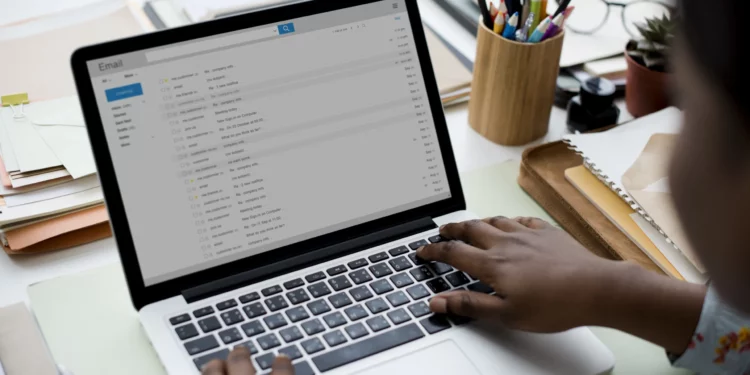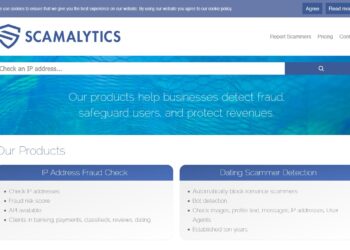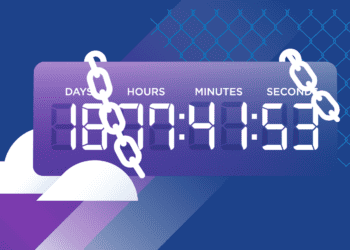Are you aware that spam emails and unread emails contribute to carbon emissions? On average, an American has 500 unread emails. If you delete those, that will remove 175 grams of carbon dioxide.
But the good news is, there’s something you can do. Other than going through your emails to delete spam and unsubscribe from newsletters, you should also delete unused email accounts. Remember that an unused email account can be a backdoor to your life.
Here’s why making an effort to delete an old email account matters.
Hackers Can Easily Steal Personal Information
It’s normal for people to have more than one email address. A spare email account can help separate personal life from work life. However, if it’s an old email address you are no longer monitoring, you might be putting yourself at risk.
About 65 percent of cybercriminals leverage spear phishing emails as a primary attack route. Old email accounts benefit hackers since most people don’t go back and check them. It’s the vulnerability that most people don’t realize exists.
The Solution: Delete Unused Email Accounts
Keeping your personal information safe is easier when you limit what you need to monitor. Delete that unused email account since it will be your security weakness.
Deleting a Gmail, Yahoo, or AOL account is pretty straightforward. However, you may need to go through multiple pages to find that kill switch. If you can’t find that delete button, try contacting the admin.
What if I don’t want to delete the email account?
If deleting isn’t an option, take a few steps to give yourself more privacy and security. Here are some advice security experts give to secure online accounts:
- Use a strong, unique password for each email account. Hackers can crack weak passwords in seconds. The longer and more unusual your password is, the harder it is to break.
- Turn on two-factor authentication. With this, your email service will send you a verification code via app or text to confirm your identity. This is done whenever someone tries to access your email account from an unverified device or location.
- Remove the ‘value’ of your account. Do this by downloading all old emails and eradicating data from the cloud. This lessens the impact if someone tries to steal information. Then, it won’t be available.
- Add substantial security questions. You’ll be asked to assign vital security questions when you create an email account. Ensure you have them ready, and choose questions only you can answer.
- Be wary of suspicious emails. Whenever you receive emails from unknown senders or those that contain suspicious attachments, ignore them. These may be phishing emails designed to trick you into revealing your login credentials.
- Update security software regularly. Always keep your operating system, internet browser, and antivirus software up to date. This ensures that you stay protected against the latest threats.
- Only use a reputable email service provider. Choose an email service provider with a good reputation for security and privacy. Browse through features like encryption and privacy policies that secure your data.
What if I use the same password for all email accounts?
Being too lazy to follow the golden rule of creating solid passwords will put all your accounts at risk. Even if you delete that old account, you need extra precaution, mainly if it contains the same password as other accounts. It would be best to protect yourself if the account stays active after deletion.
Before you delete the old, unused account, change the login to a password you have not and will not use anywhere. Also, download all essential data before you delete the account. In fact, with Gmail, Google lets you backtrack and recover the email if you change your mind, so play it safe.
What if I forgot the login info for an old email account?
First, try to recover the account by clicking “forgot password.” Once you’re in and ready to delete the account, follow the steps to send it to the virtual graveyard.
Secure Your Backdoor
While getting a new email account is easy, getting rid of one can be vexing. It can get tedious because there’s a lot of clean-up, and you don’t want to forget anything. But after all the hard work, it’s worth keeping crucial data out of cyber criminals’ hands.






